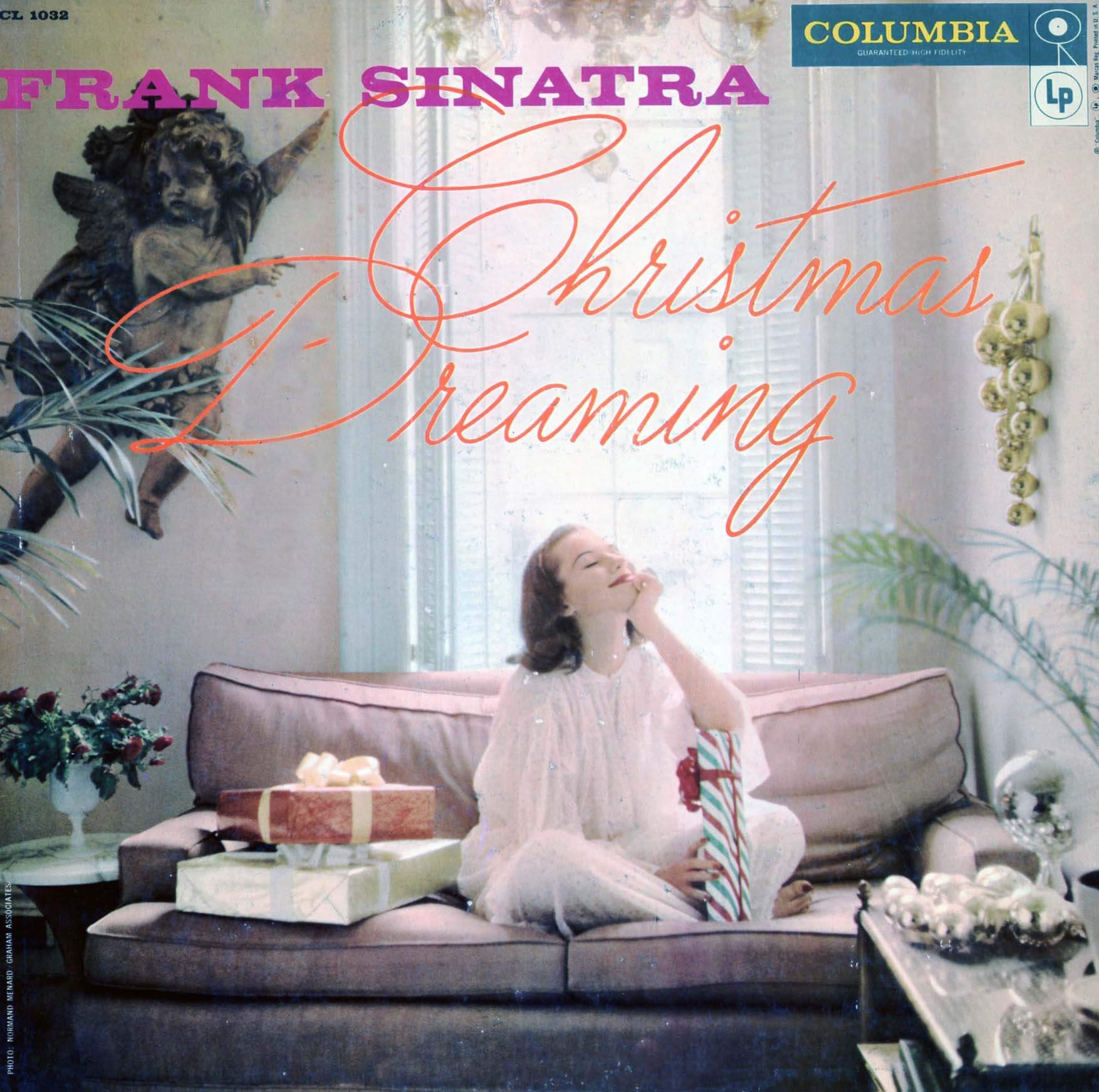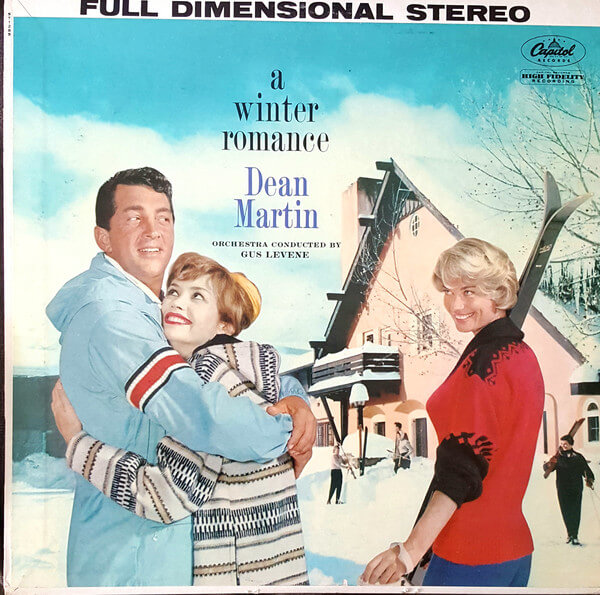Not So Silent Night: Great Christmas Tunes
[guest post by JVW]
Since I began guest blogging here at the kind invitation of our host lo those many years ago, I have always intended to write a post at Christmastime on my favorite Christmas music. Yet I have never quite figured out how to pull it off. I now own upwards of one hundred different Christmas albums and have Christmas songs by probably two hundred (or more) different artists, so a post of this sort runs the risk that I would drone on and on in my exasperating way. I’ve used this as an excuse for inaction, but this time around I’m just going to plunge in with some random reflections on the Yuletide tunes that I like. I encourage commenters to supply your own favorites.
Favorite Christmas Album that Perhaps No One Else Here Owns
Freddy Fender was a big deal in my hometown when I was a kid growing up. He regular came to play a concert at the Colorado State Fair, and both “Wasted Days and Wasted Night” and, especially, “Before the Next Teardrop Falls” played constantly on AM radio when I was a boy. I was thus thrilled when I found his Christmas album on a CD printing about thirty years ago. His cheapskate producer, Huey Meaux, didn’t want to go to the expense of licensing popular Christmas tunes, so Freddy was stuck with the second and third tier of seasonal classics, songs like “Please Come Home for Christmas,” “Love Gets Better at Christmas,” and “Santa! Don’t Pass Me By.” But with the great Freddy Fender voice, even the most mediocre of tunes can sound sublime, as witnessed by this stellar rendition of the Lee Emerson-Mickey Moody written classic “I’ll Be on the Chimney (When Santa Comes Tonight).”
The Christmas Album That You Might Think Would Be Ridiculous But Is Actually Kind of Beautiful
Oh sure, we all know that Slim Whitman saved the Earth with his yodeling, but apart from that I didn’t have much interest in “Rose Marie” or “Indian Love Song.” But about three years ago I came across his Christmas album and bought it on a lark. Slim Whitman was a humble man of strong faith, and his singing on the album is heartfelt and touching. The link above is the entire album available on YouTube, but here is a direct link to my favorite song on the album, his rendition of “O Come All Ye Faithful.” Fun note: the late Pete Drake, whose pedal steel guitar work I so admired on All Things Must Pass plays on this album.
Christmas Album with the Best Album Cover
Gotta be Frank Sinatra’s Christmas Dreaming. This seems kind of provocative for 1957: her nightgown is perhaps a little too sheer, especially with her sitting so close to the window with that light shining through. Subsequent re-releases of the album on cassette tape and CD swapped this cover for a more conventional one, yet there is no denying the ring-a-ding-ding attitude in this beauty.
Christmas Album with the Best Album Cover (Runner-Up)
The King of Cool, Dean Martin, released A Winter Romance in November 1959, two years after his pal Frank gave us Christmas Dreams. The cover art is of Dino at a ski resort in a tight embrace with a comely redhead, while furtively making goo-goo-eyes with a very shapely blond.
Best Version of a Religious Hymn
My favorite Christmas hymn is “O Holy Night,” a mid-nineteenth century French carol composed by Adolphe Adam and given English lyrics a few years later by Unitarian minister and music critic John Sullivan Dwight of Boston. Several great singers have come up with stellar versions of the song, including Jerry Vale, Al Green, the late great Charlie Pride, Mario Lanza, and others, but the best one I have heard is by the fantastic Lou Rawls, such a magnificent human being that he landed a recurring role on Baywatch Nights. Unlike Jerry Vale (whose version is the second best), Lou sings the song’s moving second verse which in this case makes all the difference.
Best Version of a Secular Christmas Song Which I Otherwise Don’t Really Like
I’ve never really warmed to “The Christmas Song,” hoary old classic though it may be. Part of it is that I just have never been able to appreciate Mel Torme, the song’s author, whose jazz/scat style just isn’t up my alley. And as far as the song itself goes, I don’t find it too interesting either melodically or lyrically. That said, the version of the song on the Temptations’ 1980 album Give Love on Christmas Day, one of the best Christmas albums around, is fantastic. The song is played at a faster tempo than typical versions, and the original bland backing is replaced by a funky rhythm perfect for Richard Street’s lead vocal and the backing harmonies, especially Melvin Franklin’s bass which knocks it out of the park on the third verse.
Best Novelty Christmas Song
I’m not big on “Grandma Got Run Over by a Reindeer” or “All I Want for Christmas Is My Two Front Teeth” or a lot of those har-dee-har-har or cloying songs. But I do get a kick out of a song by comedy/lounge act Richard Cheese, who some years back wrote and recorded a clever ditty called “Christmas in Las Vegas.” I think I mostly like it because I conned my family into spending Christmas of 1992 at the Desert Inn in Las Vegas, which actually turned out to be a whole lot of fun.
I’m going to call it a night here, and maybe come back to this topic next year (God willing). Merry Christmas to all who are celebrating, and Season’s Greetings to those who are not. Here’s wishing you a restful day tomorrow if you are off, and extending sincere thanks to those of you will be going in to work.
– JVW




